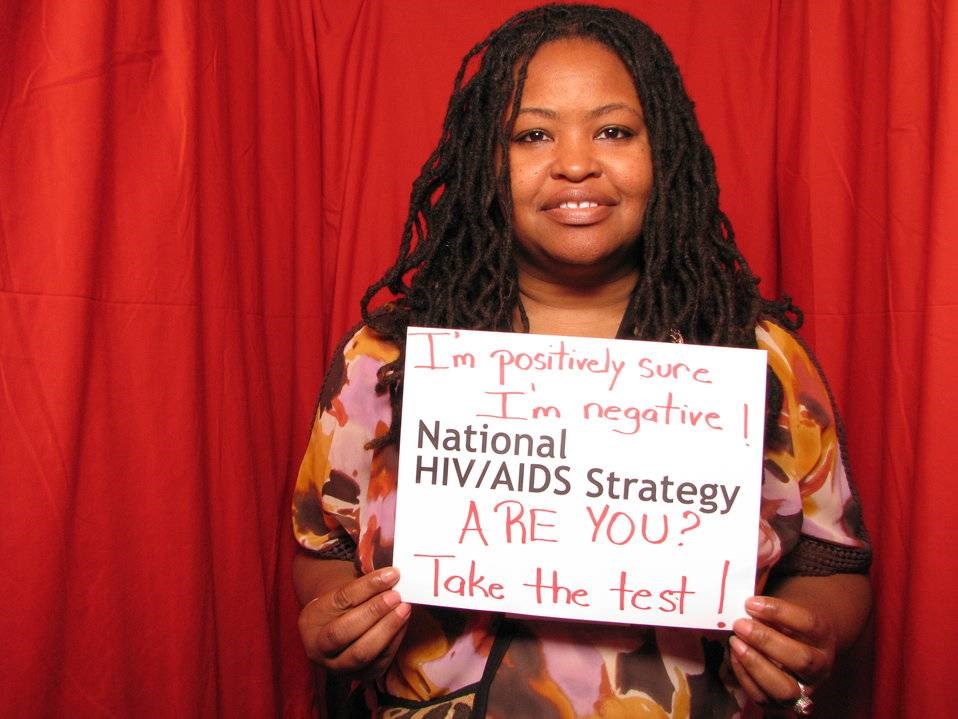The New York City Health Department is rolling out a new HIV prevention campaign, targeting women's health care providers in Central and East Brooklyn to educate them about prevention, diagnosis and treatment of HIV, including pre-exposure prophylaxis (PrEP) and post-exposure prophylaxis (PEP), emergency medication for HIV-negative people who may have been exposed to HIV.
Previous cycles of the campaign prioritized practices that recently diagnosed HIV and other sexually transmitted infections among Black and Latino men as well as neighborhoods most affected by HIV.
Starting immediately, the health department will visit Brooklyn-based providers for one-on-one visits, prioritizing practices and health centers located in neighborhoods with high HIV and STI diagnosis rates among women.
The city is ramping up its efforts to better reach women, particularly Black and Latina women who are still disproportionately affected by HIV. City data from 2017 shows that only 23 percent of sexually active Black and/or Latina women in New York City were aware of PrEP, a daily pill that can greatly reduce your risk of HIV infection. From January 2018 to June 2018, there were only 1,364 females with a PrEP prescription in New York City compared to 16,494 males.
And particularly in Brooklyn neighborhoods like East New York, East Flatbush, Flatbush, Bedford Stuyvesant and Crown Heights residents were less likely to receive timely HIV care and prevention services.
"While past work has focused on raising awareness of PrEP and PEP among women, it is imperative that we engage and educate their providers, too," said Oni Blackstock, assistant commissioner for the Health Department's Bureau of HIV/AIDS Prevention and Control. "Family planning providers, obstetricians/gynecologists and primary care providers must be well-versed in taking a thorough sexual history, screening and treating for sexually transmitted infections, and discussing and prescribing PrEP and PEP — all in a culturally affirming manner that empowers women to take control of their sexual health. Our new campaign is designed to do just that."
The visits support several core HIV prevention practices that providers can adopt, the health department said, and will train health care providers on the proper usage of PrEP and PEP Action Kits:
- Taking a thorough sexual history from all patients as part of routine medical care, including asking about their sexual partners' HIV status, and experience of intimate partner violence and transactional sex, which are associated with increased risk of HIV and STIs.
- Screening and treating patients for STIs based on sexual history and clinical guidelines and offering PrEP to HIV-negative cisgender and transgender women if they receive a diagnosis of gonorrhea or early syphilis, as these STIs signal increased HIV risk among women.
- Discussing PrEP and PEP with HIV-negative patients at ongoing risk of HIV exposure and with HIV-positive patients who may have HIV-positive partners.
- Prescribing PrEP and PEP according to clinical guidelines or referring patients to sites that provide PrEP and PEP.
Currently, Brooklynites seeking PrEP services can access them at various health care providers and community organizations including After Hours Project, Haitian American Community Coalition, Housing Works East New York Community Health Center, Interfaith Medical Center, Kings County Hospital Center Planned Parenthood of New York City and SUNY Downstate Medical Center, among others. For more locations, go here.
Additionally, the health department just announced last month that it will expand youth-specific HIV prevention services at two clinics in East New York and Bushwick.




